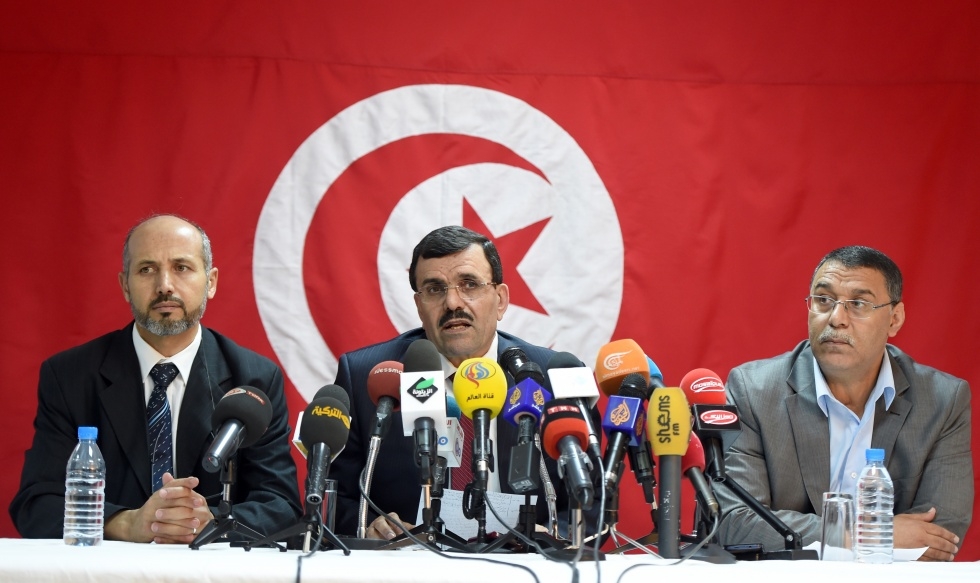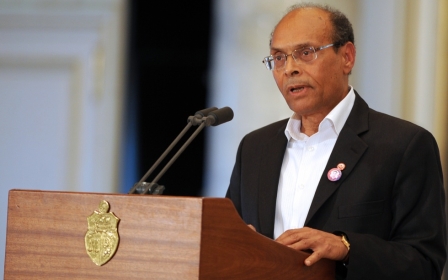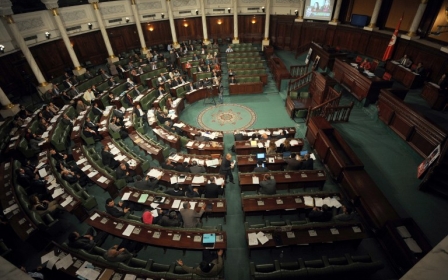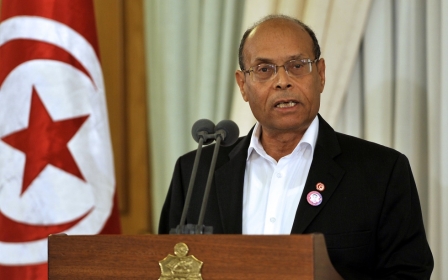Tunisia's Islamists seek 'consensual' presidential candidate

Tunisia's main Islamist party on Thursday urged politicians to agree on a "consensual" presidential candidate, to assuage tensions that have plagued the country since the 2011 revolution.
"We call on political parties to find a consensual candidate for the presidency, someone independent or who belongs to a political party," said Ali Larayedh, a former premier and senior Ennahda member.
The chosen candidate for elections due later this year, "who would benefit from wide support," and allow for "less division and more unity," Larayedh told a news conference, without offering any names.
"We are willing not to submit a candidate... Even if there is no consensus, Ennahda will not necessarily put forward a candidate."
He said contacts with other political groupings would begin on Thursday.
Ajmi Lourimi, a member of parliament for Ennahda, was quoted as saying "consensus does not restrict competition between parties, but instead ensures that voters are not too deeply divided by the presence of too many candidates."
Tunisia has been rocked political crises since the uprising that toppled longtime autocrat Zine El Abidine Ben Ali in January 2011, culminating with the assassination of two opposition politicians last year.
Following months of heated negotiations, the Ennahda-led coalition government and its opponents agreed in January to parliamentary and presidential polls in 2014, under an accord which also saw the Islamist hand power to an independent administration.
The date of the two polls has yet to be agreed, but the electoral commission earlier this week proposed that the legislative elections take place in October, with the first round of the presidential election being held in November.
Middle East Eye propose une couverture et une analyse indépendantes et incomparables du Moyen-Orient, de l’Afrique du Nord et d’autres régions du monde. Pour en savoir plus sur la reprise de ce contenu et les frais qui s’appliquent, veuillez remplir ce formulaire [en anglais]. Pour en savoir plus sur MEE, cliquez ici [en anglais].




